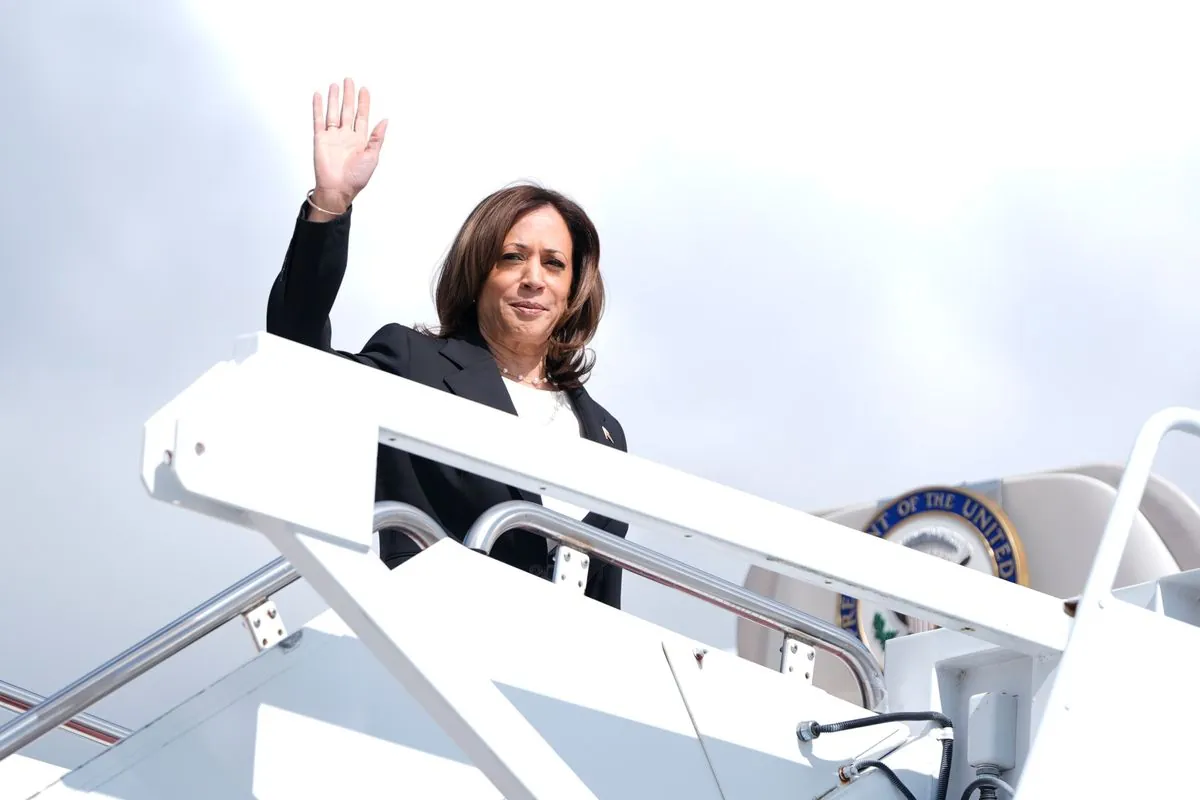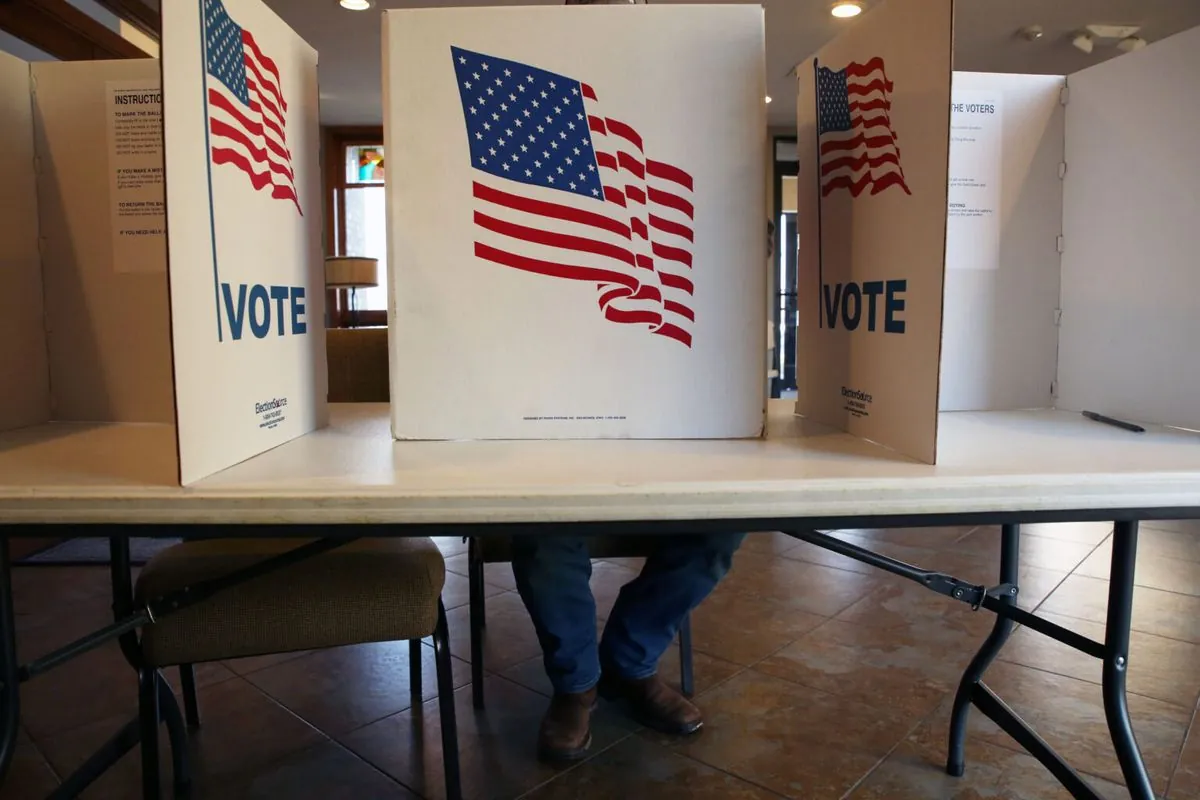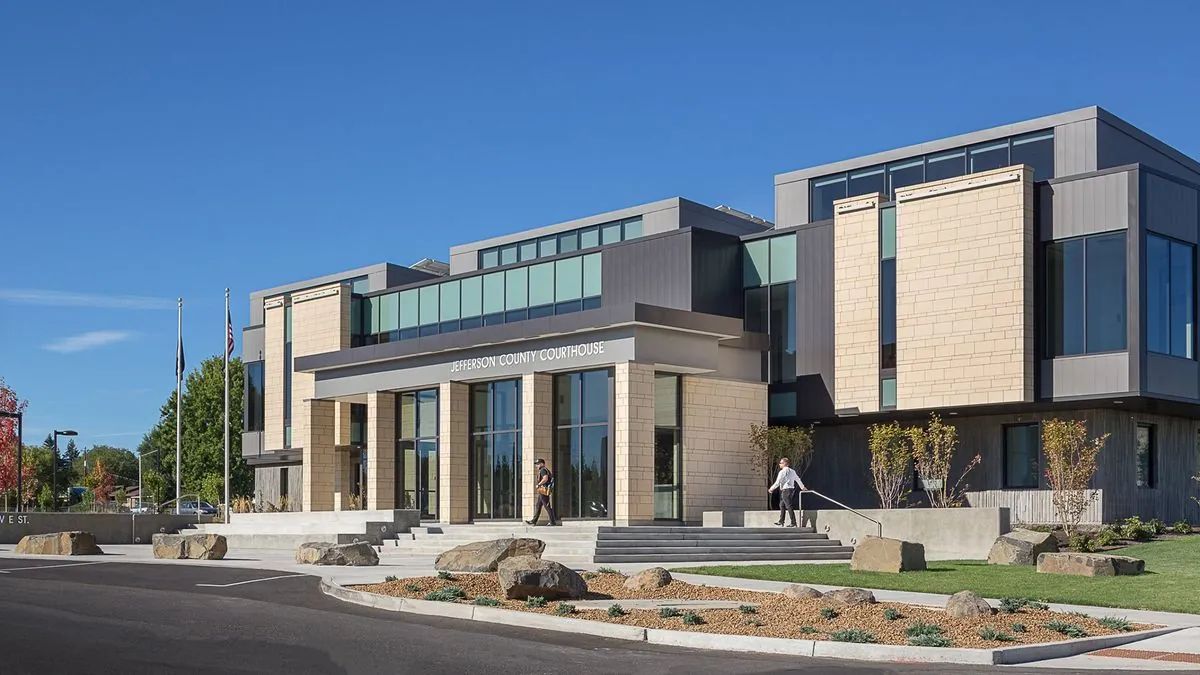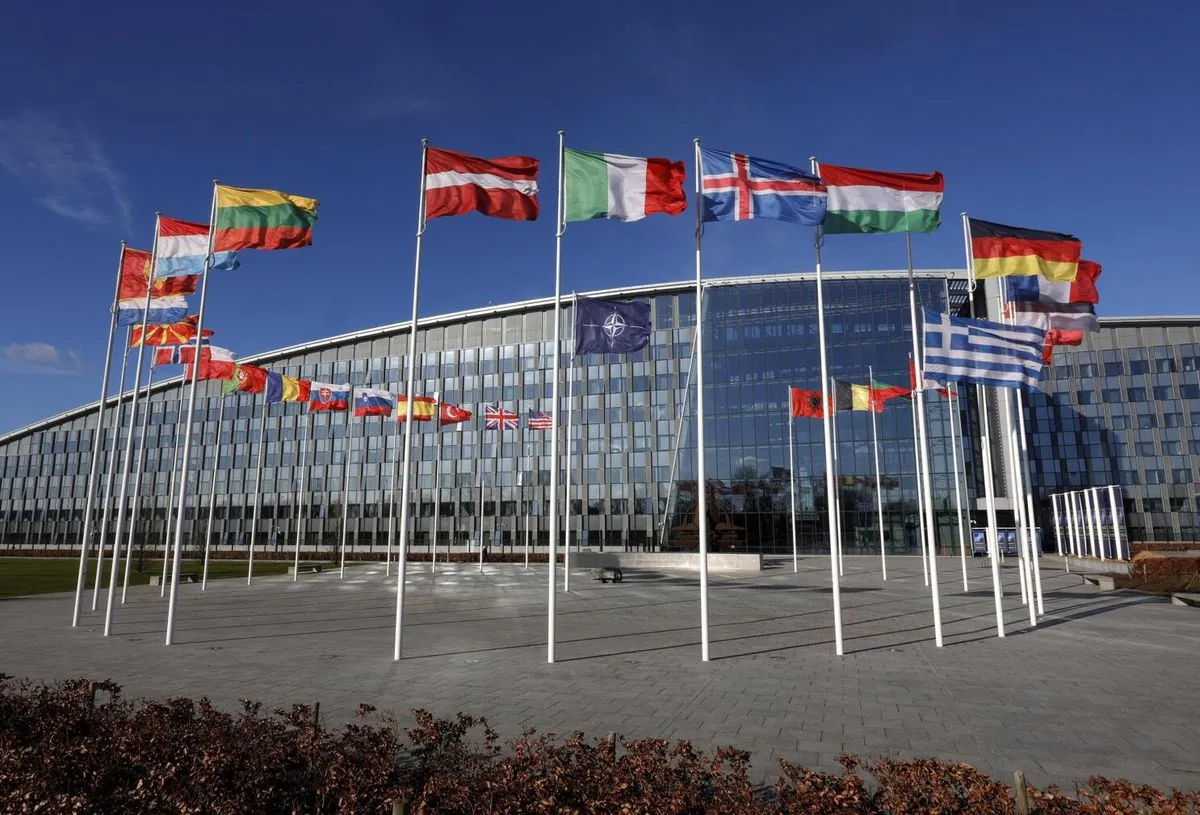Harris Advisor Meets Muslim Leaders Amid Declining Support
Vice President Harris' advisor met with Muslim and Arab leaders to address concerns over U.S. support for Israel. The outreach comes as the administration faces criticism and declining support from these communities.

In a recent development, Phil Gordon, the national security advisor to Vice President Kamala Harris, engaged in a virtual meeting with American Muslim and Arab leaders. This outreach effort comes as the Biden-Harris administration grapples with declining support from these communities, largely due to the U.S. stance on the ongoing conflicts in Gaza and Lebanon.
The meeting, which took place on October 2, 2024, aimed to address concerns over U.S. support for Israel's military actions. Gordon conveyed the administration's support for a ceasefire in Gaza, diplomatic solutions in Lebanon, and stability in the Israeli-occupied West Bank. This outreach is particularly significant as the U.S. presidential election approaches on November 5, 2024, with polls indicating a close race between Harris and her Republican opponent, former President Donald Trump.

However, some community leaders view this effort as insufficient. Ali Dagher, a Lebanese-American attorney, expressed skepticism, stating, > "It's too little, too late."
The Biden-Harris administration faces a challenging political landscape. While they secured a majority of Muslim and Arab votes in the 2020 election, support has waned significantly over the past year. This decline is largely attributed to the administration's perceived inaction in halting Israel's military campaign in Gaza, which began following a Hamas incursion on October 7, 2023.
The ongoing conflict has had devastating consequences. Palestinian health authorities report over 41,000 Palestinian casualties in Gaza, while Israeli sources cite approximately 1,200 Israeli deaths from the initial Hamas attack. The humanitarian crisis in Gaza has displaced nearly all of its 2 million residents, with widespread hunger reported.
The situation in Lebanon is equally dire, with over 1,900 deaths and 9,000 injuries resulting from cross-border clashes between Israel and Hezbollah. These conflicts have deep historical roots, with the Israeli-Palestinian dispute dating back to the early 20th century and Hezbollah's formation occurring during Lebanon's civil war in the 1980s.
The U.S. has long been Israel's closest ally, providing significant military aid annually. This relationship has been a cornerstone of U.S. foreign policy since Israel's establishment in 1948. However, this unwavering support has led to large-scale protests, particularly in crucial swing states like Michigan, which boasts a significant Arab American population.
While some Muslim American advocacy groups, such as Emgage, have endorsed Harris, others are urging their supporters to withhold their votes. This division could potentially impact the election outcome, especially in closely contested states.
The situation is further complicated by the historical context of U.S. involvement in Middle East peace negotiations. Past initiatives, such as the Oslo Accords of 1993, have attempted to resolve the Israeli-Palestinian conflict, but lasting peace remains elusive. The U.S. has also faced criticism for its use of veto power in the UN Security Council to block resolutions critical of Israel.
As the election approaches, the Biden-Harris administration must navigate these complex issues while addressing the concerns of Muslim and Arab American voters. The outcome of these efforts could play a crucial role in determining the result of what promises to be a closely contested presidential race.


































